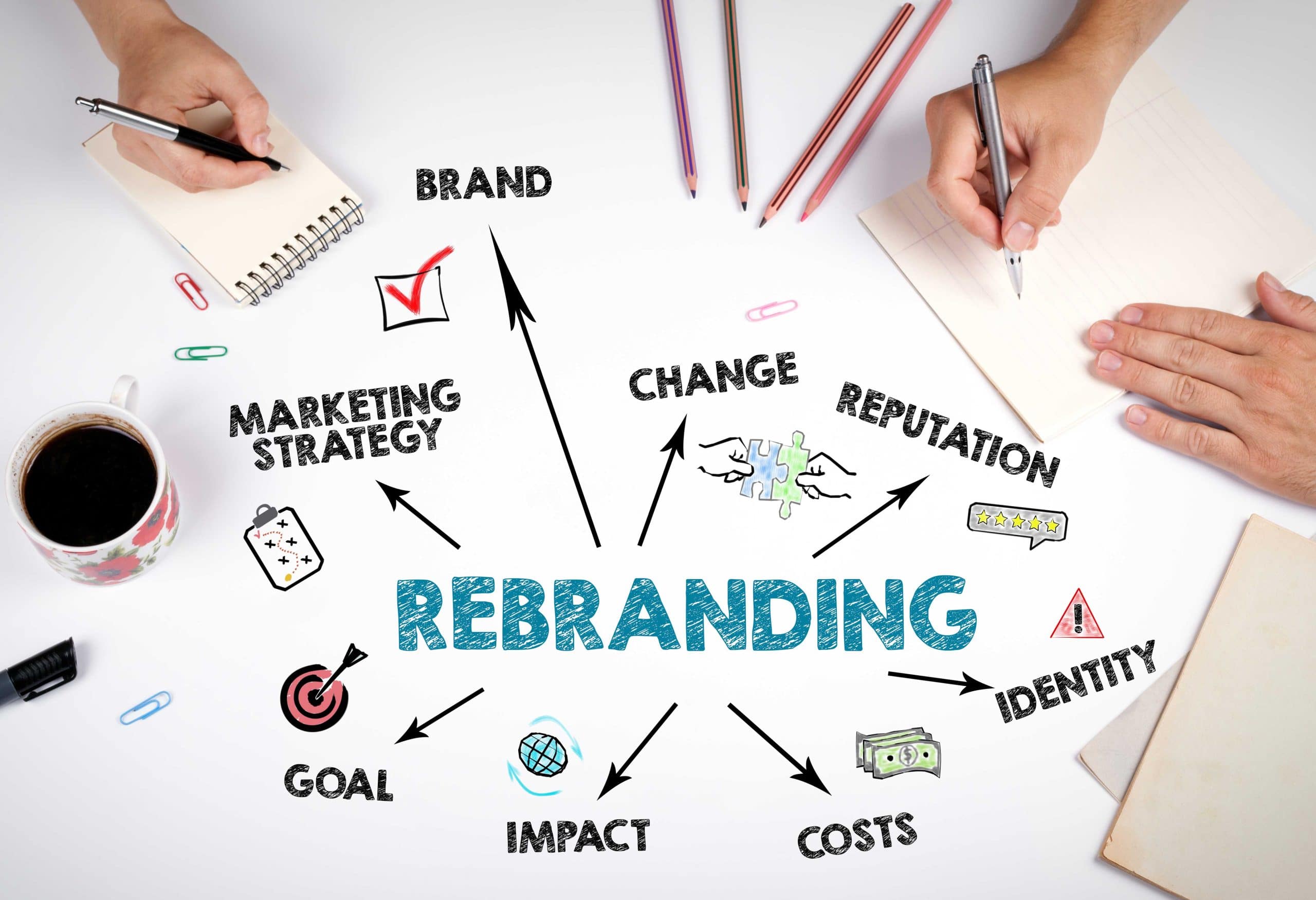I’ve been here at Force 5 for just 6 months now, but I’ve been in the workforce since I was legally of age. Throughout the years I’ve been fortunate to have had some great bosses who took the time to pour their wisdom into me. Because their “rules” have been so helpful to me, I thought I would share some of the best ones with you over my next few posts. Here goes:
Rule #1: “Always assume the best in people.”
Now, in a world full of Bernie Madoffs and Balloon Boys, you might say, “Butch, are you crazy? In business? People will cut your throat in a minute!” I know. This one was hard for me to swallow, too. But hear me out: I’m not saying we should go about business naively or that we should turn a blind eye to misconduct. We should do our best to never be surprised by the actions of anyone, friend or foe. What I’m talking about here is making a choice, about choosing a mindset when we hear the rumors or see activity that is suspect.
The business world tells us to assume the worst and why shouldn’t we? After all, assuming the worst is usually the safest route and it proves to the world that we are not oblivious.
But the problem with assuming the worst in other people is that it can apply a dark filter to everything we see around that person. It tints to our emotions and thus our interactions with them. Ultimately, this limits our ability to respect them.
In their book, Crucial Conversations, the authors Patterson, Grenny, McMillan, and Switzler state:
“As people perceive that others don’t respect them, the conversation becomes unsafe and dialog comes to a screeching halt … The instant people perceive disrespect in a conversation, the interaction is no longer about the original purpose – it is now about defending dignity.”
When we lose respect for someone, that person knows it. Hence, our ability to influence, engage, and dialog with them drops to almost nil. Our ability to get to the truth, correct and redirect becomes virtually impossible, and we exhaust our relational collateral.
By nature, I can be quite cynical. I have to work hard at assuming the best in people. But when I manage to fight off my natural tendencies, when I make that choice, I am finding faster paths to the truth and stronger relational growth.



